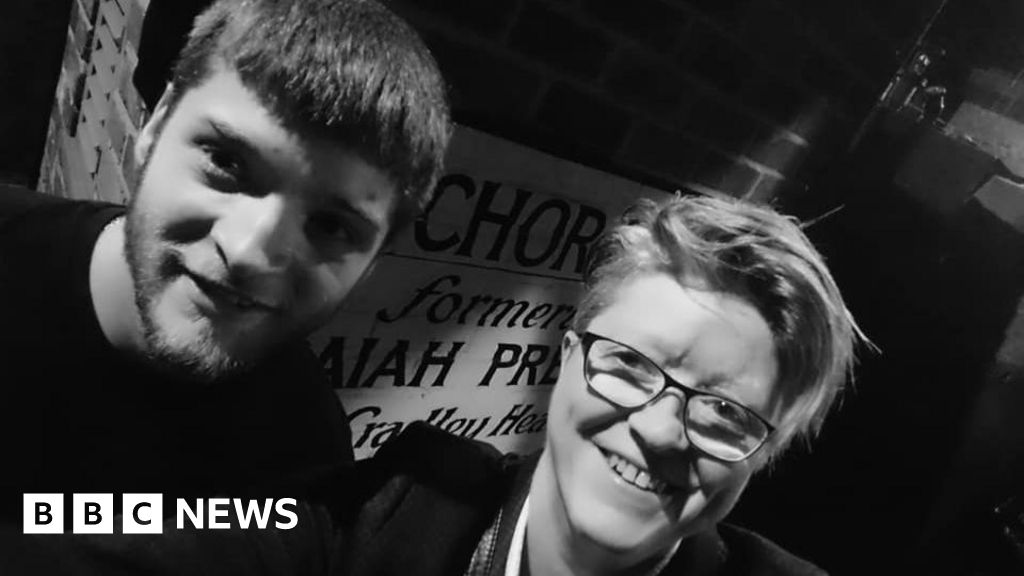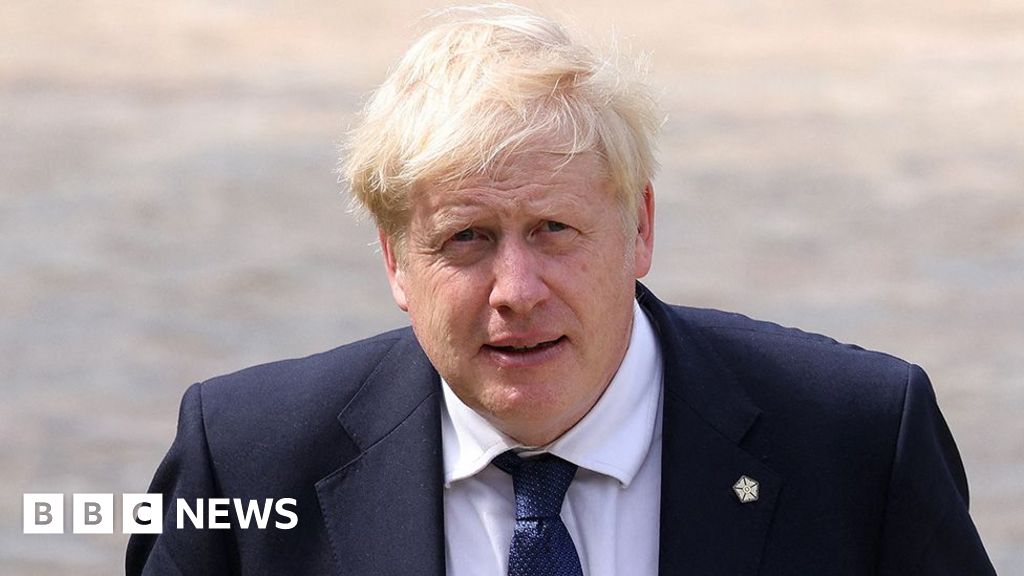ARTICLE AD BOX
image sourceGetty Images
image captionME can cause post-exertional malaise, muscle pain, memory loss and digestive issuesA health watchdog has paused a final update to ME treatment guidance just hours before planned publication due to disagreement on its contents - a move that has angered some charities.
NICE says it needs more conversations with patient groups and professionals so that the advice is supported.
There are strong and varied views on how the illness should be best managed.
An earlier draft scrapped one controversial recommendation of graded exercise therapy.
Many patients with ME or chronic fatigue syndrome (CFS) say the therapy, which encourages patients to slowly increase their levels of activity, makes their condition worse, not better.
The draft recommendations for England and Wales, published in November 2020, said people should remain in their "energy envelope" when undertaking activity of any kind, and a physical activity programme should only be considered in specific circumstances.
It is not clear yet if the final guidance will say the same when it is published.
The draft also changed advice on a talking therapy, known as CBT, clarifying that it was only helpful in treating anxiety around the condition, not the illness itself.
It said that there was no "one size fits all" approach to managing ME, which is estimated to affect more than 250,000 people in England and Wales.
NICE has acknowledged that the controversy over the best treatment has served only to alienate many people with the condition and, in some cases, undermined the confidence of those caring for them.
Several members of the committee who prepared the guidelines left the group last month.
One of them is Dr Charles Shepherd, medical advisor to the ME Association. He has said it became increasingly difficult to comment on graded exercise and CBT issues in public while holding both roles.
NICE said it wanted to thank everyone who had contributed to the guideline, particularly the committee and the patient groups who had worked so diligently.
"However, unless the recommendations in the guideline are supported and implemented by professionals and the NHS, people with ME/CFS may not get the care and help they need," it said.
Sian Leary, from #MEAction UK, accused NICE of "capitulating to the vested interests of those who support graded exercise therapy, instead of standing up for the thousands of people being harmed."
Other groups including Forward ME, Action for ME, ME Association, Doctors for ME and ME Research UK criticised the delay, saying the document had been approved by the committee and should be published.
Andrew Goddard, president of the Royal College of Physicians, said: "We were extremely concerned that the final guidelines proposed by NICE may not have taken into consideration the extensive comments we made to the draft version, particularly in relation to treatments we know to have significantly benefited many patients.
"There is reasonable evidence, for example, that graded exercise therapy helps a group of patients with ME/CFS and, while not without risk, our experts strongly support its ongoing use as an option in this condition.
"Similarly, our experts would strongly recommend specialist individualised rehabilitation for patients with complex rehabilitation needs.
"We hope that in delaying the final publication of these guidelines, NICE will re-consider our evidence submitted and incorporate it into their final publication."

 3 years ago
152
3 years ago
152








 English (US) ·
English (US) ·